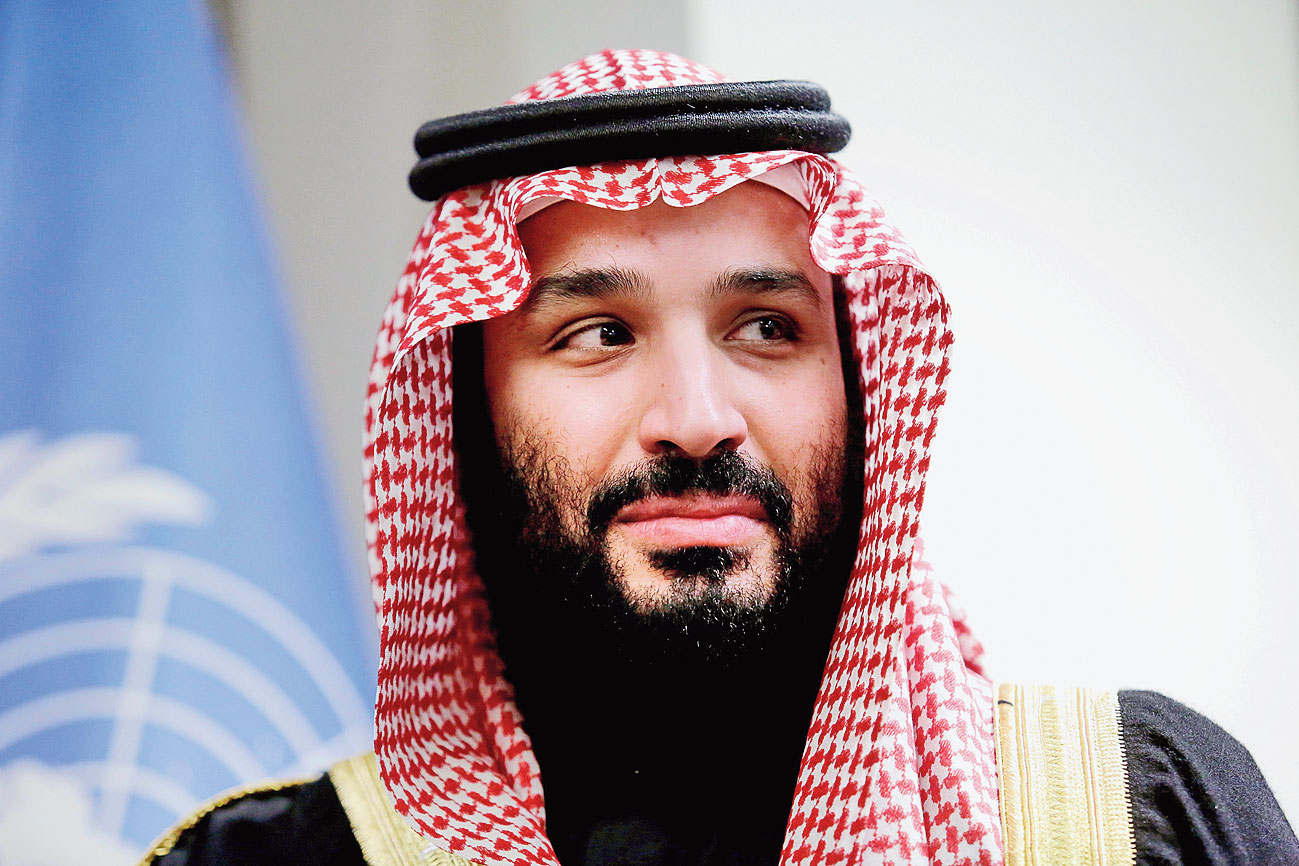It is difficult for a radical to be a reformist. The crown prince of Saudi Arabia, Mohammed bin Salman, seems to have reiterated this very contradiction. Mr Salman claims to have introduced several reforms in the course of his attempts to slowly wean Saudi Arabia away from religious orthodoxy and the resultant social conservatism. Women, for instance, have been allowed to drive legally in Mr Salman’s country at last. But the crown prince’s brashness has often compromised his reformist agenda. Mr Salman has been criticized for such rash decisions as waging a costly and long-drawn conflict with Yemen, the souring of ties with Canada and Qatar, the kidnapping of the prime minister of Lebanon as well as a veiled attack on members of the royal family and the business elite in the name of purging corruption. The murder of Jamal Khashoggi — a dissident journalist — inside the Saudi Arabian consular office in Turkey proves that Mr Salman is, as is the wont of an authoritarian mind, allergic to criticism. After changing the script a few times, Saudi Arabia has admitted its involvement in the foul deed even though the foreign minister has denied that the crown prince had a hand in it. But it is improbable that in a kingdom where Mr Salman’s writ runs virtually unchallenged, the Saudi leader would have been kept in the dark about a plan with serious repercussions. Khashoggi’s death also raises serious questions about Mr Salman’s claim of being a moderate reformer. It appears that the crown prince remains smug in the belief that he would remain unaccountable to his people and the world as long as he fulfilled, incrementally, his promise of ushering in liberalization.
The president of the United States of America, who is known to admire strongmen, has his own compulsions to let the storm blow over. The US is eyeing Saudi Arabia as a profitable market for the weapons it makes. Riyadh is also central to Mr Trump’s plan of cornering Iran, Saudi Arabia’s principal competitor in the region. The result of such patronage is that strategic interests are inevitably prioritized over principle and morality. Donald Trump has already made his choice clear with his rather muted remonstrations. Justice for the slain scribe now hinges on the response of the international community to his killing. But censure or intervention may not be crippling because of Saudi Arabia’s clout in the international oil market and Mr Salman indispensability to the kingdom’s domestic politics.











